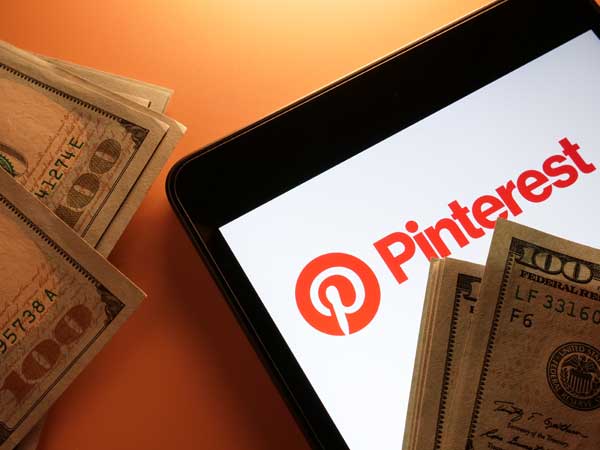The Birth of Tote & The Inception of Pinterest
Pinterest’s story started in 2008 when Ben Silberman decided to quit his job at Google. Ben, who was initially destined for medicine, found his passion in Silicon Valley and started working at Google where his love for technology shined brightly. Yet, the confines of spreadsheets and data analysis grew stifling.
Together with his Yale roommate Paul Sciarra, Ben started an app development company called Cold Brew Labs, envisioning a journey of innovation. Amidst the Great Recession, Sciarra, who had powerful business connections, became the CEO. Fueled by ambitious spirit, Paul and Ben embarked on crafting Tote – an iPhone app that created a meta catalog for shoppers by pulling data from online product catalogs.

However, Tote did not work out. The world wasn’t ready to embrace mobile apps for shopping. Additionally, Apple’s App Store wasn’t fast enough to grow such businesses. However, despite Tote’s failure, Silbermann and Sciarra discovered something interesting upon analyzing Tote’s user data.
The Inception of Pinterest
Tote’s users were saving products using the favorite function and discovering new items, often emailing images to themselves. Most searches were by product category rather than brand. This browsing behavior sparked an idea.
Silbermann and a team of engineers began working on a web product that allowed users to organize images of products into buckets. Over Thanksgiving dinner, Silbermann’s girlfriend suggested the name Pinterest, combining “pin” and “interest”, encapsulating the vision of the world’s first visual discovery engine.
Inspired by childhood bug collections, Pinterest 1.0 focused on the art of collecting. Evan Sharp joined as the third co-founder, coding the site and designing the iconic grid layout. Pinterest launched a closed beta in March 2010, transitioning shortly after to an invite-only beta. On August 10, 2012, Pinterest was made available to the public.
The Growth of Pinterest
When Pinterest launched, Facebook already had 360 million monthly active users while Twitter had 23 million. In its first year, Pinterest’s progress unfurled slowly like a patient bloom. Drawn in by recipes and decor, women discovered a safe space to share finds. Whispers of excitement spread through friend circles, crafting 10,000 users within 9 months.
The iPhone app in March 2011 brought even more users. This milestone was followed by iPad and Pinterest Mobile apps, gateways that propelled Pinterest’s growth. In July 2011, Pinterest celebrated 1 million monthly visitors – a testament to its flourishing virtual community.
As of 2022, Pinterest blossomed into a digital metropolis with 445 million monthly users, valued at $1.5 billion. Pinterest makes money through promoted pins and integrated buy buttons, allowing direct purchases. In 2022, Pinterest ads reached 271 million users. Shoppers on Pinterest spend 2x more than other platforms.
After debuting on the NYSE in 2019, Pinterest saw business gain momentum during the pandemic. In 2022 revenue grew 8% with $2.8 billion generated.
Controversies and The Future
However, Pinterest also grappled with copyright issues. In response, Pinterest introduced a notification system and meta tags allowing websites to opt out of pinned images. While unintentionally opening doors to gift card scammers, Pinterest took measures to curb such infractions.
In 2020, Pinterest faced accusations of discrimination. Employees courageously stood against this injustice, leading to lawsuits and refined policies, forging a brighter, more inclusive future. Pinterest aims for 20% underrepresented employees in leadership roles by 2025.
As the 14th most active platform, Pinterest ranks strong. While women dominate with 60% of users, male and Gen Z growth accelerates.
The 2022 acquisition of AI shopping platform The Yes accelerates Pinterest’s vision for taste-driven shopping. Executives expect revenue growth to accelerate following 2022/2023 slowdowns. With innovative thinking and revenue diversification, Pinterest seems poised for continued growth and influence.
Well, if you do use Pinterest, do follow me on Pinterest.

